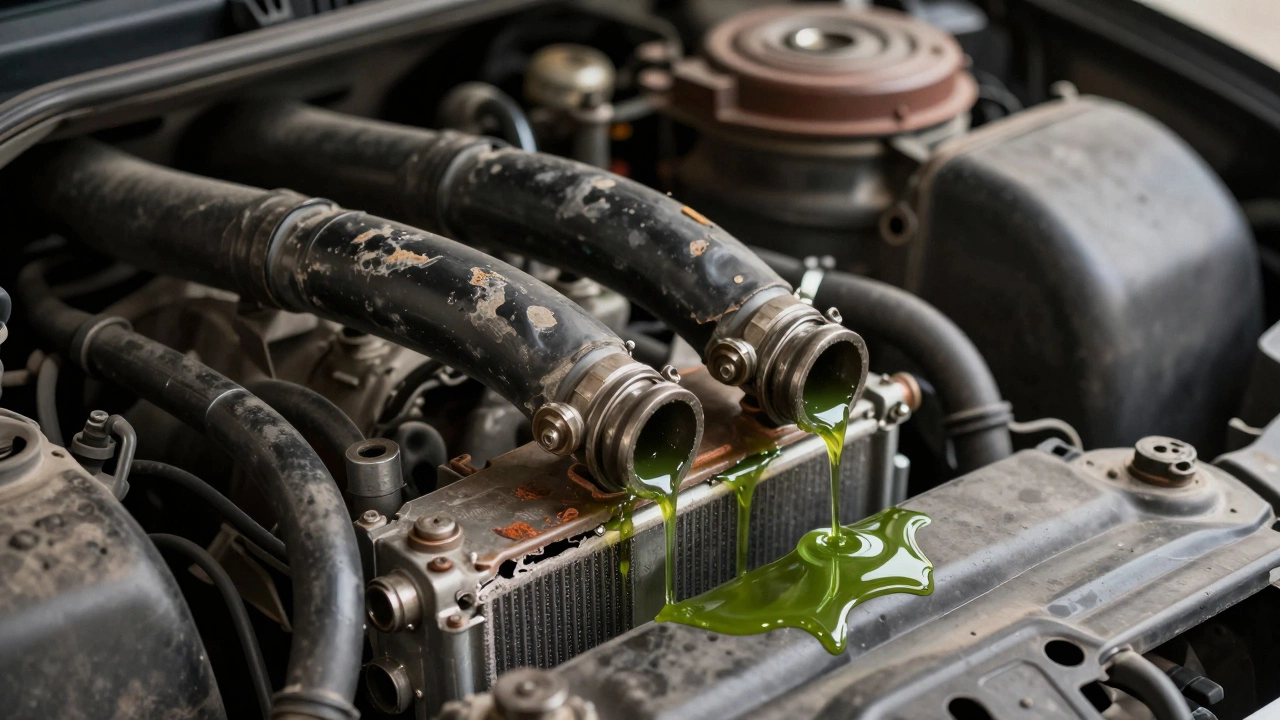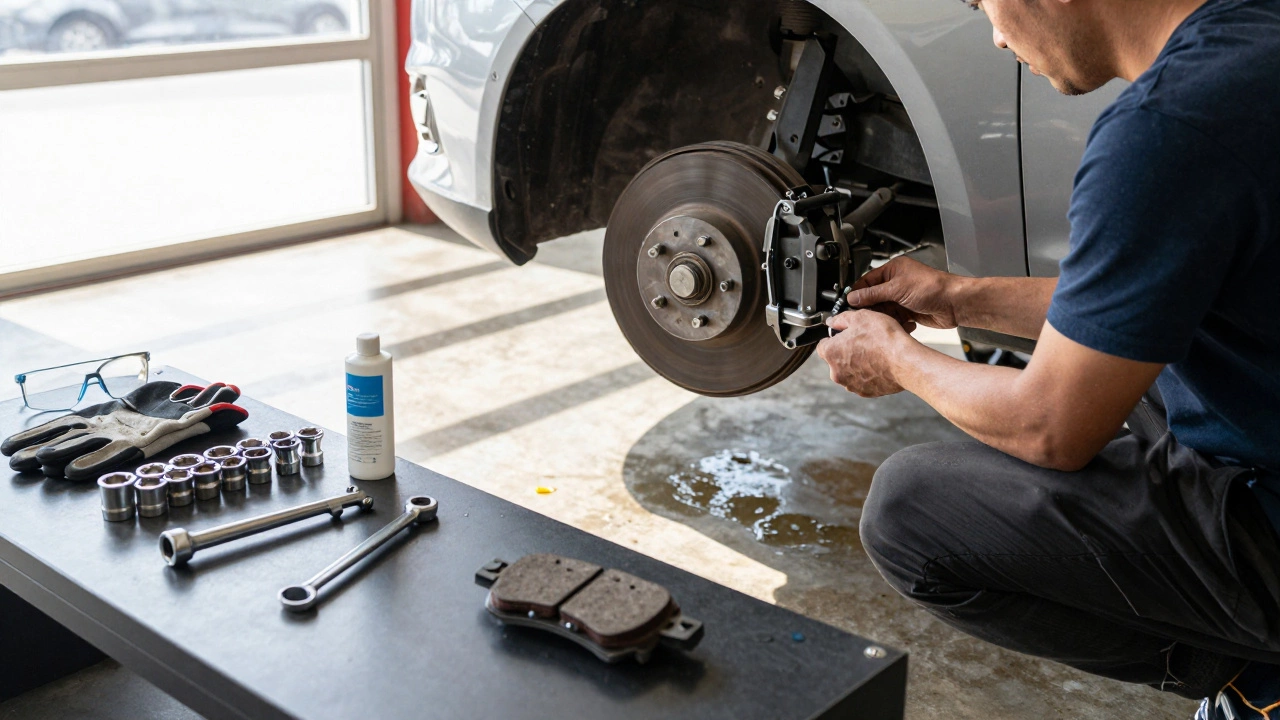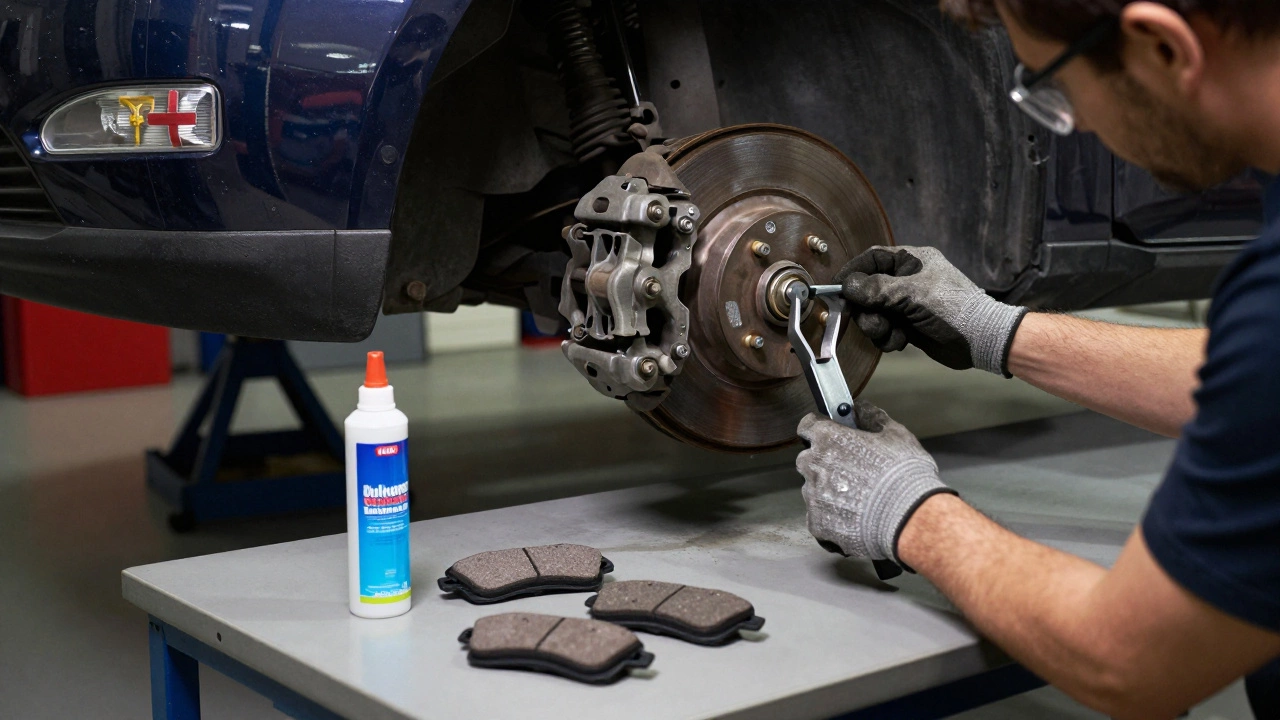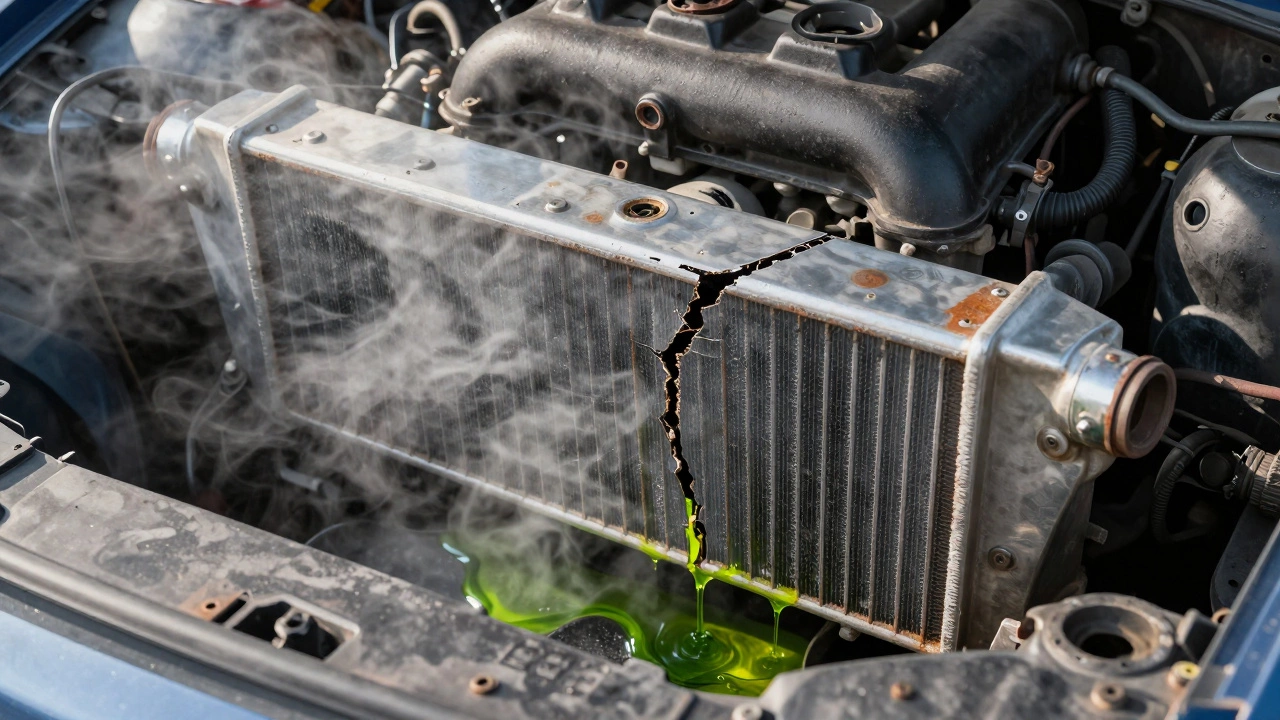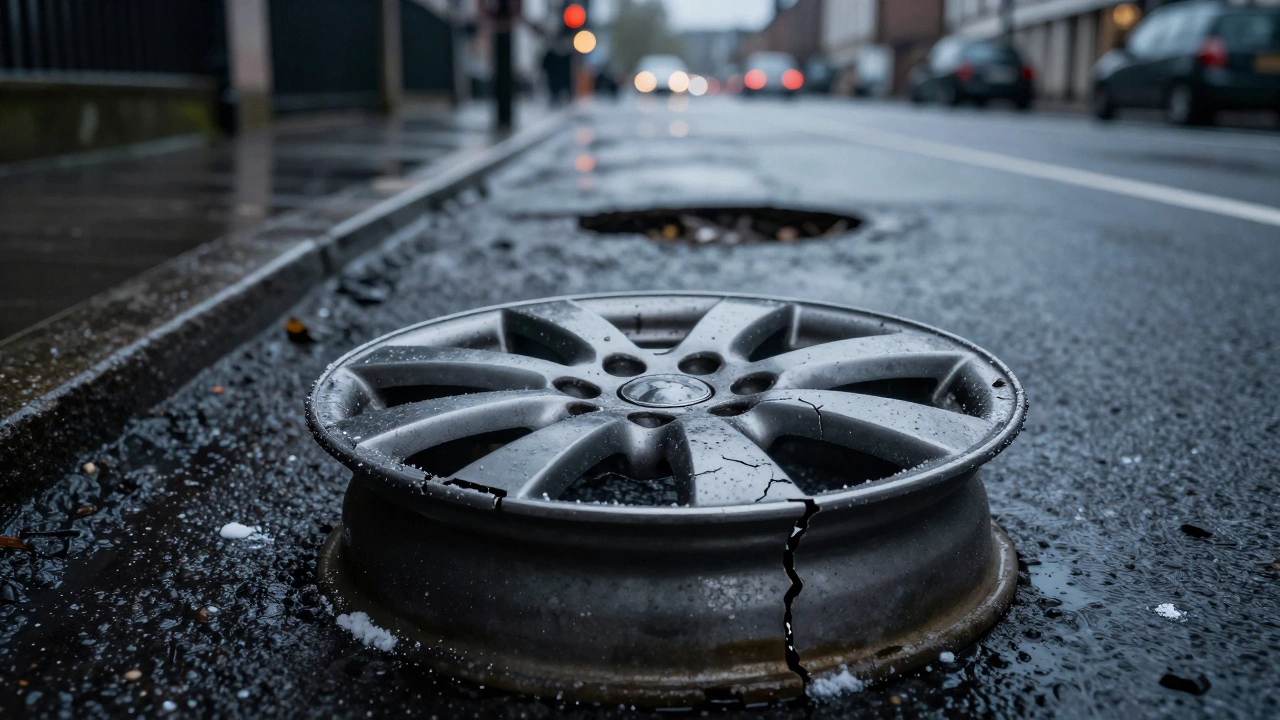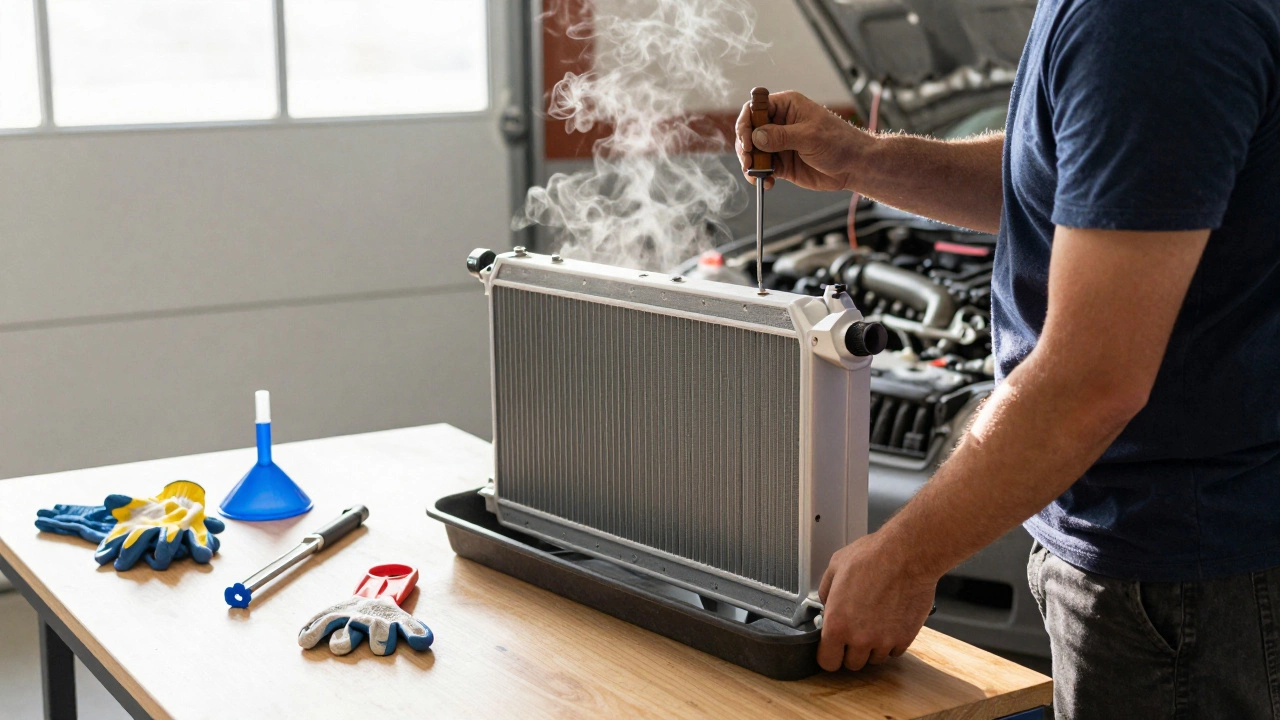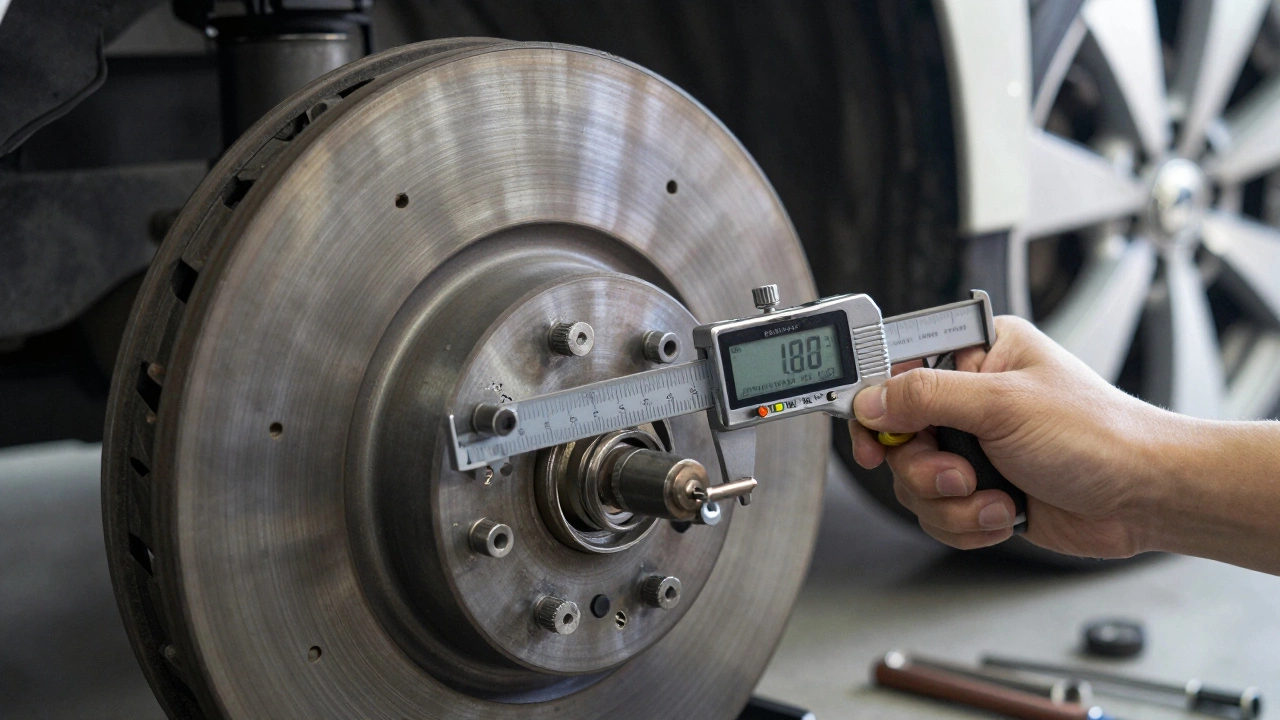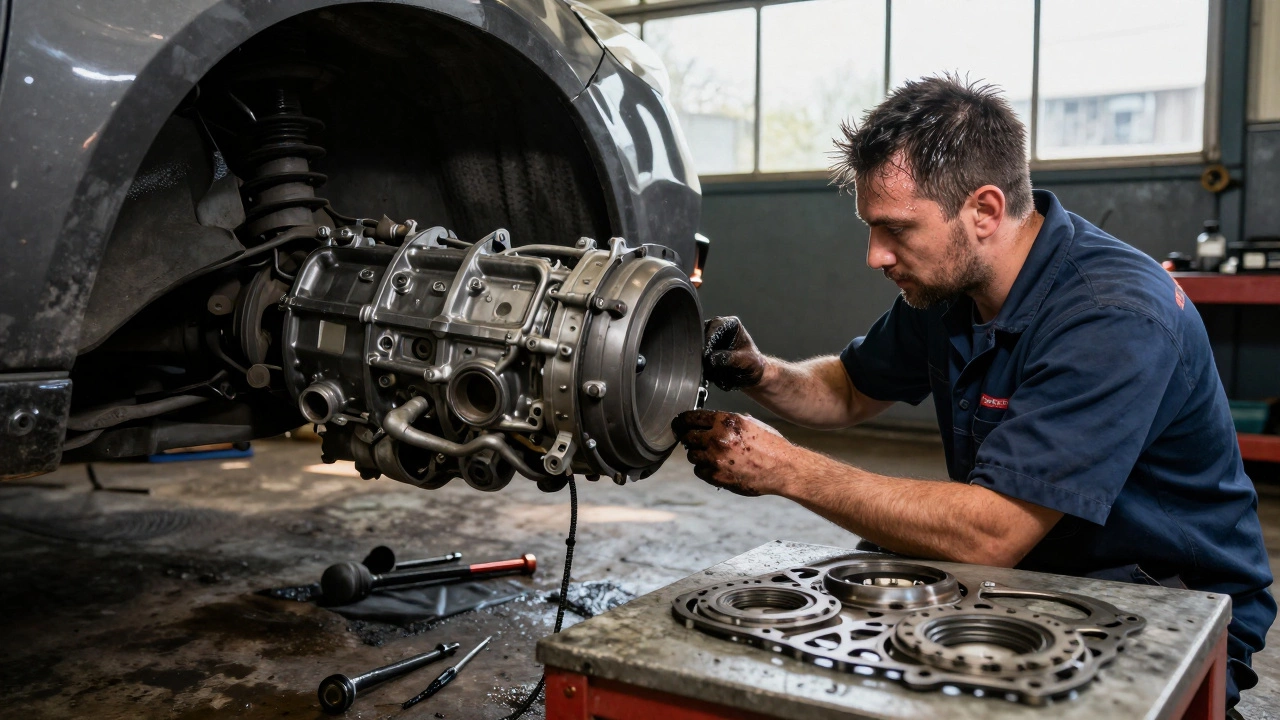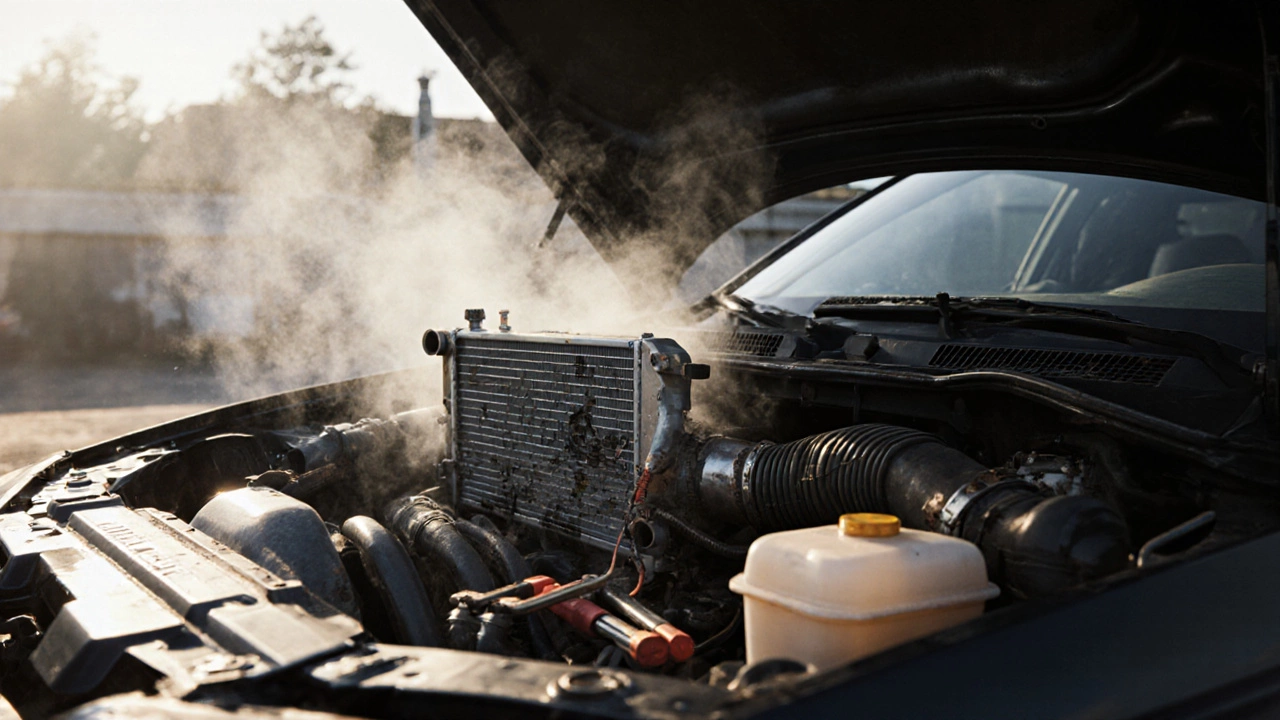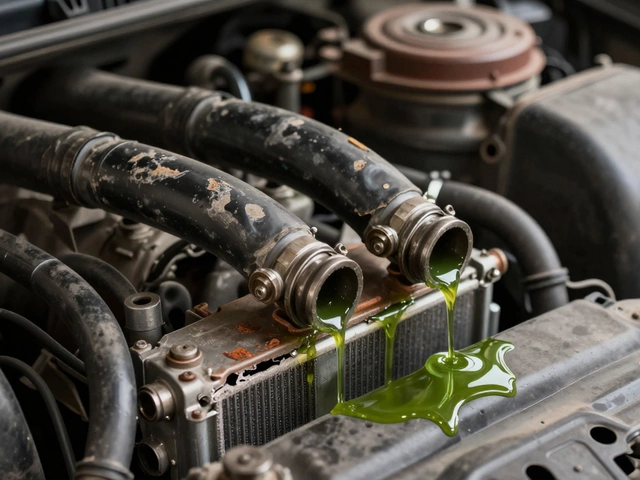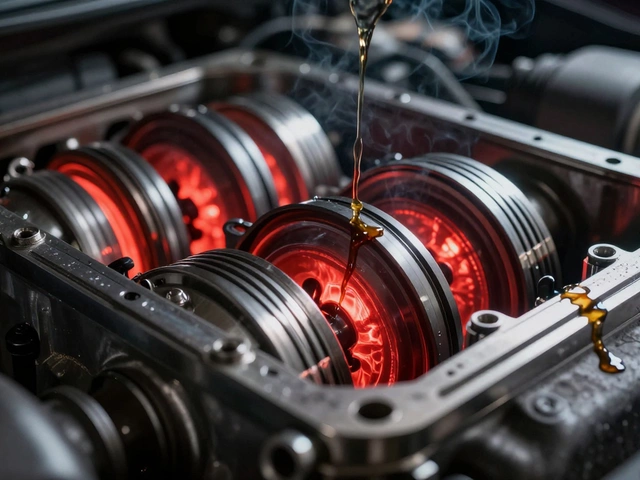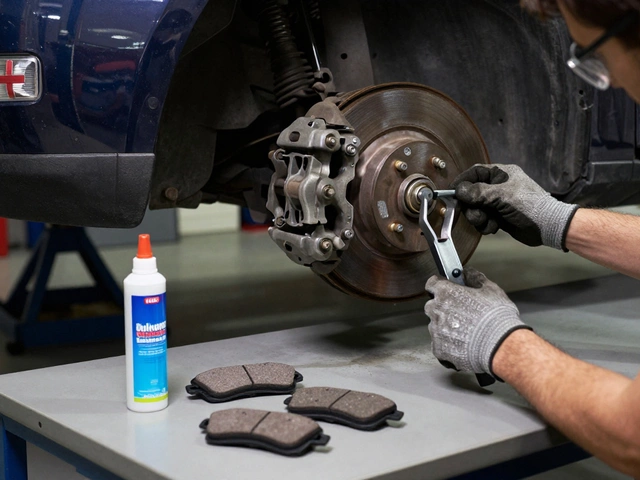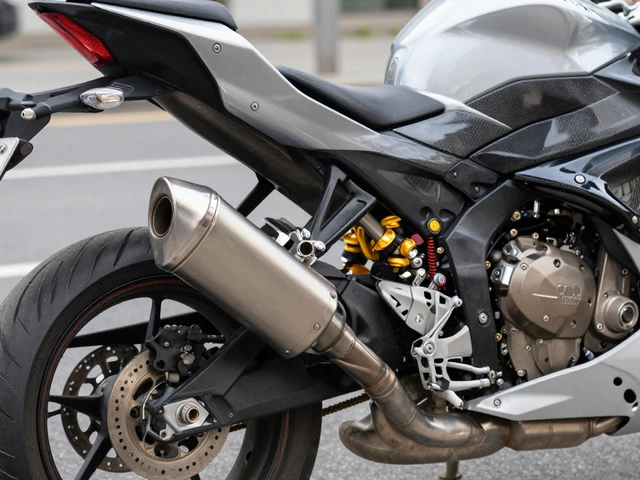Automotive Maintenance and Repair: Essential Car Care Tips for UK Drivers
When it comes to keeping your car reliable, automotive maintenance, the regular checks and fixes that keep your vehicle running safely and efficiently. Also known as car servicing, it’s not just about ticking boxes—it’s about avoiding breakdowns, saving money, and staying safe on the road. Whether you’re driving a compact hatchback or a family SUV, neglecting basic care can turn small issues into big bills. The truth? Most car problems don’t happen overnight. They creep up slowly, and by the time you notice them, you’re already paying more than you should.
That’s why knowing the signs of trouble matters. For example, a brake pad, the friction material that presses against the rotor to stop your car. Also known as brake lining, it wears down over time and needs replacing before it damages the rotors or compromises stopping power. If you hear a screech or feel your car pulling to one side when braking, it’s not normal—it’s a warning. Same goes for engine oil, the lifeblood of your engine that lubricates moving parts and keeps it from overheating. Also known as motor oil, it turns dark and gritty over time, losing its ability to protect your engine. If your oil looks like tar or your engine’s louder than usual, you’re running on borrowed time. And don’t forget the suspension system, the network of springs, shocks, and links that smooth out bumps and keep your tyres on the road. Also known as ride control system, it’s easy to ignore until your car feels like it’s bouncing off every pothole. Worn suspension doesn’t just make your ride uncomfortable—it makes your tyres wear unevenly and your brakes less effective.
These aren’t just random fixes. They’re the core of smart car care. Every post in this collection is built around real problems UK drivers face—like when to replace brake pads, how to tell if your clutch is slipping, or whether your radiator or head gasket is causing your car to overheat. No guesswork. No jargon. Just clear signs, honest costs, and practical steps you can take right away. Whether you’re checking your battery voltage with a multimeter or listening for strange suspension noises, you’ll find exactly what you need to act before it turns into a tow truck bill.
